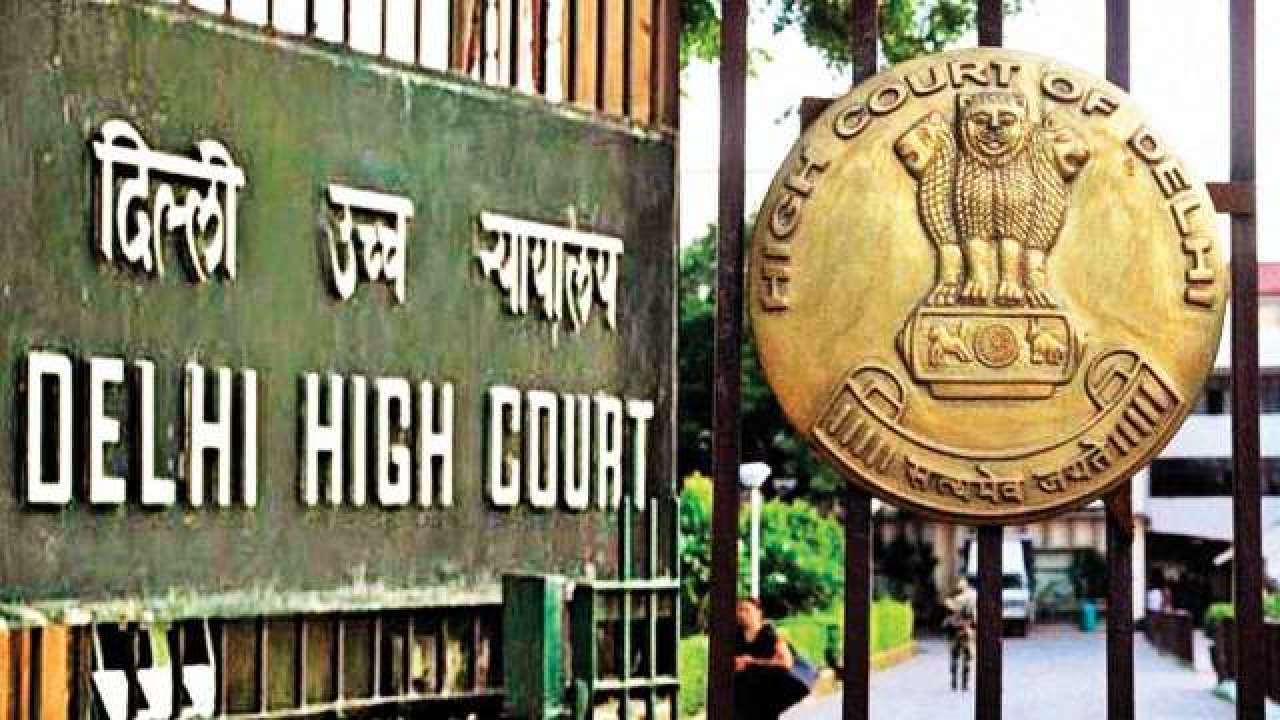Plea Seeking Permitting Filing(s) By Lawyers With 15 Years Of Practice & Above In Delhi High Court For Final Hearing On March 12

The Delhi High Court has adjourned the Letter Patent Appeal filed for implementation of Section 30 of the Advocate Act,1961 and effectuate filing in the Supreme Court by Advocates who have more than 15 years of practice in terms of the judgment AOR Association in SCBA Vs. B.D. Kaushik 2011 (13) SCC 774 for final hearing on 12th March 2021.
The Division Bench comprising Hon'ble Chief Justice DN Patel and Justice Jyoti Singh has directed the parties' counsel to make a compilation of the judgements that they are relying upon.
In the present case, the petitioners have filed an appeal against the impugned order dated 27.07.2020 passed by Ld. Single Judge in which the petitioners prayed for the same relief that has been asked for in the present LPA in which the Ld. Judge misunderstood the prayer of the petitioner wrongly and concluded that the petitioner was challenging the AOR system.
The counsel for the petitioner while arguing relied on the Supreme Court's Judgement in Lily Isabel Thomas v. Unknown AIR 1964 SC 855 in which it was held that Article 145 of the Constitution of India is saved by Section 52 of the Advocate Act,1961 but also observed that any advocate could plead in the Apex Court. The counsel submitted that at the time of the above-said judgement the Registry could not approach any Advocate due to limited communication and therefore in this background for smooth function of the Registry the Supreme Court framed Supreme Court Rules,1966 in which Advocate-on- record provisions came into force by which Order IV Rule 6(b). As per the rule, no advocate other than an Advocate-on-Record would be entitled to file an appearance or act for a party in the Court, and other Advocate has only the right to plead before Hon'ble Supreme Court but could not file the petition. The counsel further contended that all lawyers, including Juniors Advocates & Senior counsels, are suffering economic fallout in today's scenario. It's the urgent call of today's times to implement Section 30 of the Advocate Act,1961 to enable the Arguing/practising counsels having more than 15 years experience to file the petition in all courts including Supreme Court.
According to the petitioner's counsel at the time of the said judgement, Section 30 (Right of advocates to practise) of the Advocate Act,1961 was not implemented. It only came into force on 16th June 2011.
In this context the petitioner has relied upon the Supreme Court’s Judgement of Aeltemesh Rein, Adv. S.C. Vs UOI and Ors. 1988 (4) SSC 54 in which the court issued a Mandamus direction for the implementation of Section 30 of the Advocate Act,1961 as a result of which notification dated 16.06.2011 was issued for implementation of Section 30 Advocate Act,1961 and contended that right to practice mentioned u/s 30 of the Advocate Act,1961 includes filing of the petition.
The plea states that "Advocate can plead before the Hon'ble Chief Justice of India and his companion judges, but they have no right to file Vakalatnama for their client. This is the clear violation of Section 30 of the Advocate Act, because plead/argue is the one part of the practice, in a "practice" filing of Vakalatnama is also included."
It is averred that Order IV Rule 7(c) Supreme Court Rules 2013 as per which, “No advocate other than an advocate-on- record shall be entitled to file an appearance or act for a party in the court” and Order IV Rule 1(b) Supreme Court Rules 2013 as per which other advocates cannot do anything without authorization of the filing advocate of the Supreme Court, is a clear violation of Article 19(1)(g) of the Constitution of India r/w Section 30 of the Advocate Act,1961, the plea states.
According to the petitioner, Regulation 11(iv) of the Regulation Regarding Advocates-on-Record Examination which was framed in pursuance of the provisions contained in sub- rule (i) of rule 5 of Order IV, Supreme Court Rules, 2013 by which limited five chances for AOR Examination came into force with retrospectives effect which is against the natural justice and contrary to Section 30 of the Advocate Act,1961.
On 01.07.2020, the petitioner made a representation before the Respondents and prayed for allotment of E-filing Code to advocates who have more than ten years experience and have sufficient appearance before the Hon’ble Supreme Court during this emerging situation so that they could run their livelihood smoothly. Still, no action has been taken till date.
“Petitioners are arguing counsels facing serious professional threat of unemployment and economic crisis. This is not due to the fact that they have no matters but this is due to the fact that they are unable to file the matter before the Supreme Court through on-line.”, the plea states.
Case Title: Akhil Bhartiya Lodhi Adhivakta Sangh V. Union Of India
Law Point/Statute Involved: Section 30 and Section 52 of the Advocate Act,1961 and Article 145 of the Constitution of India,1950
